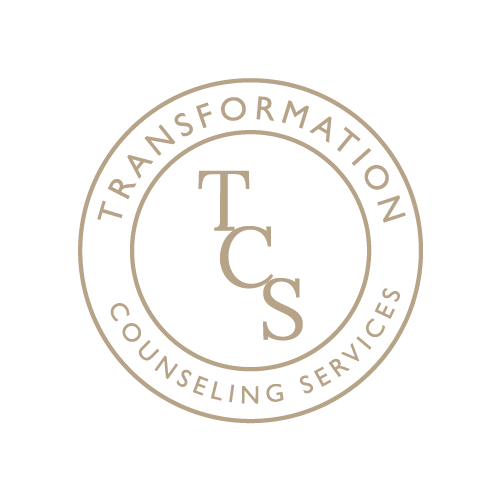When you’re struggling with personal or emotional issues, you may wonder whether life coaching vs therapy is the best choice for you. While both approaches aim to help you overcome challenges and achieve personal growth, they differ in their methods and focus.
Life coaching is a collaborative process that focuses on setting and achieving goals, identifying obstacles, and developing strategies for personal or professional success. Coaches help clients clarify their values, identify their strengths, and create action plans to achieve their desired outcomes. They may use tools such as assessments, journaling, and visualization to help clients gain insight into their behaviors, habits, and patterns of thinking.
Therapy, on the other hand, is a more clinical approach that aims to help clients understand and manage mental health issues, such as anxiety, depression, trauma, or addiction. Therapists use evidence-based techniques such as cognitive-behavioral therapy, psychoanalytic therapy, or mindfulness to help clients identify and change dysfunctional thoughts, behaviors, and emotions. They may also use medication or refer clients to psychiatrists for medication management.
So, how do you know which one to choose? Here are some guidelines:
Choose life coaching if:
- You want to focus on specific goals, such as career advancement, relationship improvement, or personal growth.
- You don’t have a diagnosable mental health condition, but you want to improve your emotional intelligence, communication skills, or self-confidence.
- You prefer a supportive, collaborative, and action-oriented approach to personal development.
Choose therapy if:
- You have symptoms of a mental health disorder, such as persistent sadness, anxiety, panic attacks, or substance abuse.
- You have a history of trauma, abuse, or neglect that affects your daily functioning and relationships.
- You have difficulty regulating your emotions, coping with stress, or maintaining healthy boundaries.
- You need medication to manage your symptoms or address underlying biological imbalances.
Keep in mind that life coaching vs therapy are not mutually exclusive, and you can benefit from both approaches depending on your needs. Some coaches have training or experience in counseling or psychology, and some therapists incorporate coaching techniques into their practice. Ultimately, the key is to find a professional who is qualified, experienced, and compatible with your personality and goals. Don’t be afraid to ask questions, do your research, and trust your intuition.

